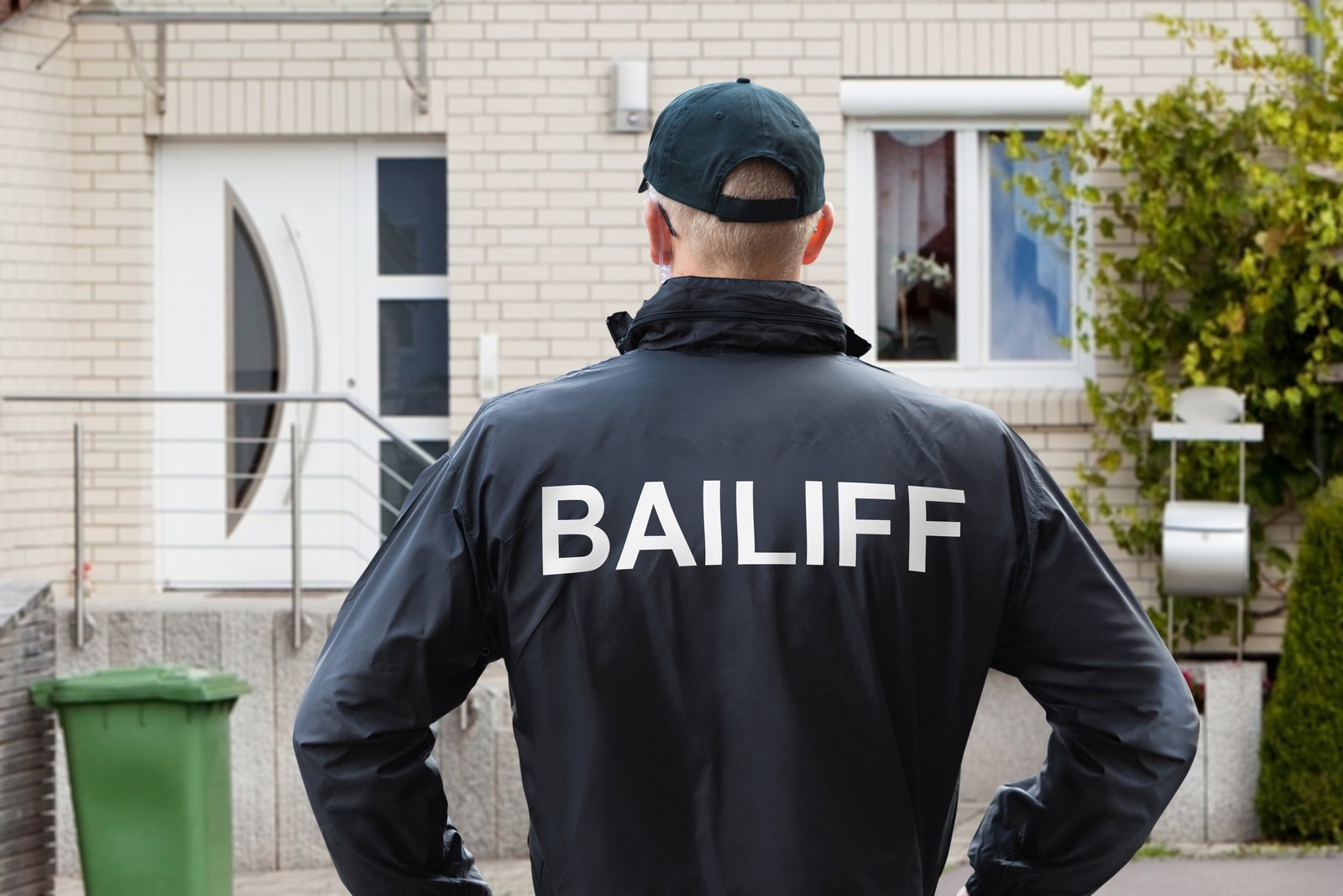If you’ve received a text from a bailiff, it’s normal to feel anxious or confused. Messages can feel urgent or threatening , especially if you weren’t expecting contact. The important thing to remember is that you still have rights, and you do not need to act out of panic.
Here’s how to understand bailiff text messages, what to do next, and how Bailiff Helpline can support you.
Why Bailiffs Send Text Messages
Bailiffs often send text messages before a visit. This is usually to:
- Chase a debt they’ve been instructed to collect
- Request payment
- Ask you to contact them
- Warn you they plan to visit
Texts can sometimes appear urgent, but they’re simply another communication method. They do not mean a bailiff is on their way to seize goods immediately.
Check the Message is Genuine
Before responding, take a moment to check the text is legitimate. Fraudsters sometimes pretend to be enforcement agents.
Look for:
- The name of the bailiff company
- A reference number
- A contact number
- A request to call or pay
You can search the company name online or call Bailiff Helpline, we can help you confirm if the message is genuine.
Never click payment links unless you’re sure the message is legitimate.
Do I have to reply to Bailiff Text Messages?
You’re not legally required to reply to a bailiff text. However, engaging early can help prevent visits or extra fees.
If you can’t pay in full, you may be able to:
- Arrange a repayment plan
- Discuss affordable options
- Seek advice before responding
Ignoring messages altogether can lead to escalation. If you’re unsure how to reply, speak to Bailiff Helpline first , we’ll guide you safely.
Text Messages Are Not a Notice of Enforcement
A text message is not the same as a Notice of Enforcement.
Before bailiffs can visit, they must send an official Notice of Enforcement by letter, giving you at least 7 clear days to respond.
If you haven’t had a letter, the bailiff cannot legally visit yet.
What Can Bailiffs Cannot Do by Text
A text message does not give bailiffs power to:
- Force entry
- Take your belongings
- Clamp your car
- Demand instant payment
- Texts are simply a communication tool — not enforcement.
How Bailiff Helpline Can Help
If you’ve received a bailiff text, we can:
- Check if the message is genuine
- Explain your rights
- Contact the bailiff on your behalf
- Help negotiate a realistic repayment plan
- Explore debt solutions to stop bailiff action
We understand how stressful enforcement can feel, and we’re here to help you take control.
Frequently Asked Questions
-
- Can I ignore a bailiff text?
Yes, but it’s better to get advice first. Ignoring messages can lead to visits and added fees.
- Can I ignore a bailiff text?
-
- Does a text mean bailiffs will visit soon?
Not always. They must send a Notice of Enforcement by post before visiting.
- Does a text mean bailiffs will visit soon?
-
- Can bailiffs take goods because I didn’t reply to a text?
No. Texts don’t grant enforcement powers. Goods can only be taken after formal notices and visits.
- Can bailiffs take goods because I didn’t reply to a text?
-
- Is a payment link in a text safe?
Only if you’re sure the message is from a real bailiff company. If unsure, get advice before paying.
Receiving a bailiff text message is unsettling, but remember , you have time, rights, and options. Texts alone do not allow bailiffs to take action. By getting advice early, you can prevent visits, avoid extra fees, and find a safe way forward.
Bailiff Helpline is here to support you every step of the way.







